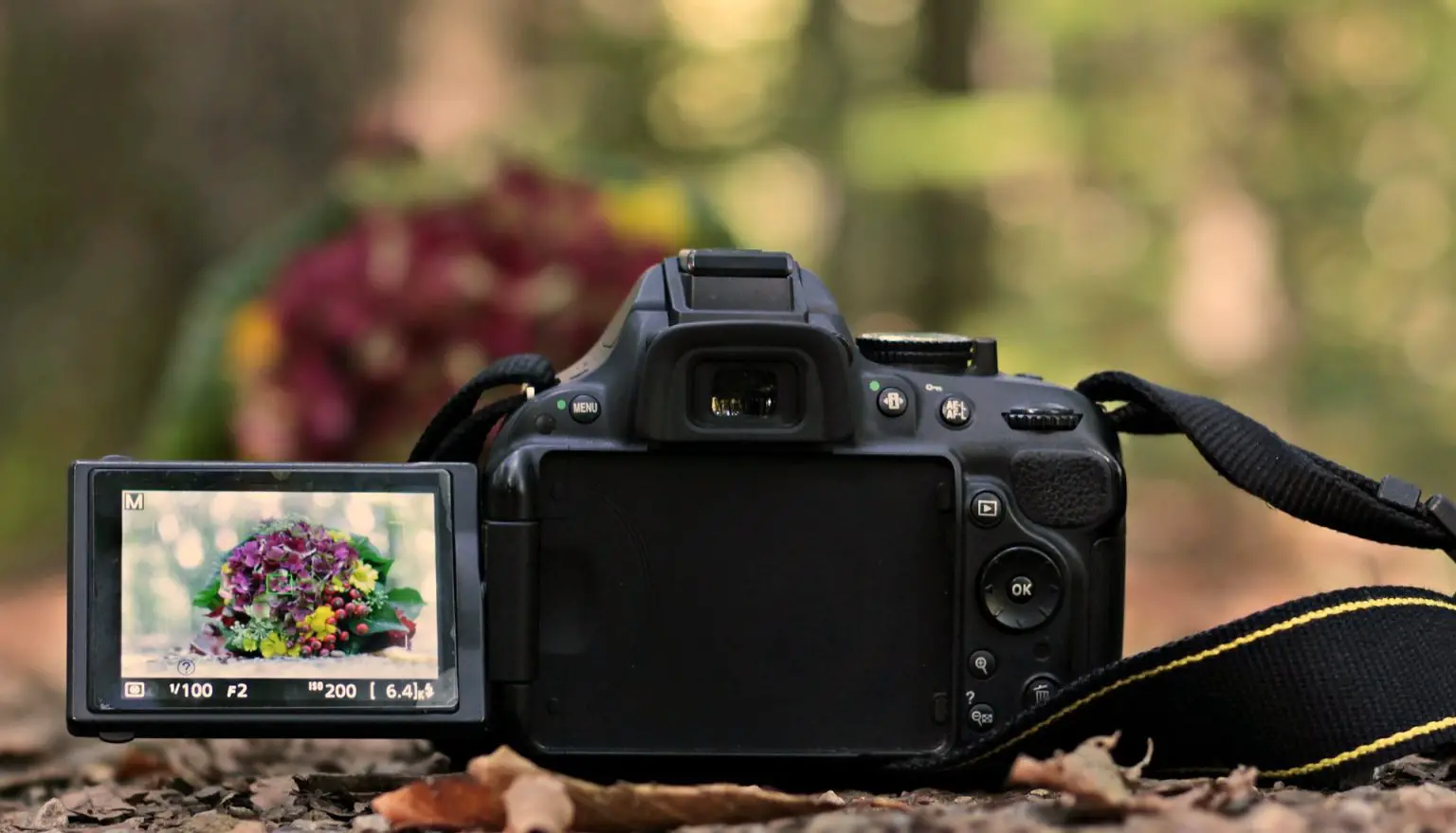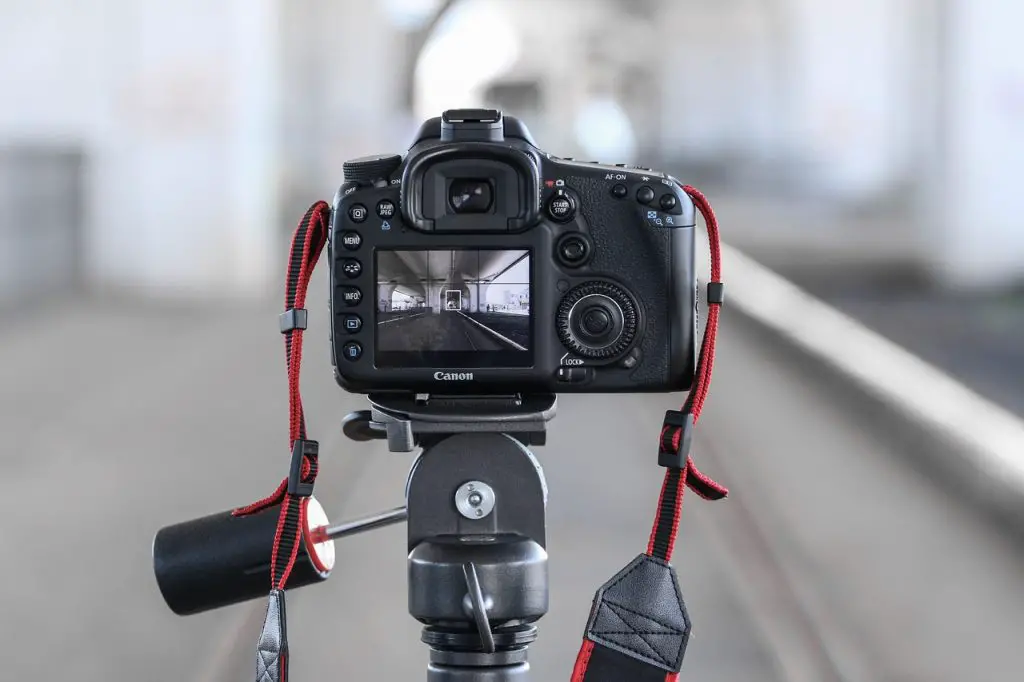Digital Camera
Digital Cameras: An In-Depth Guide to Understanding Types, Specs, and Benefits
Explore the world of digital cameras and learn about the different types, key specifications to consider, and the benefits of digital cameras for capturing memories.
Digital cameras have come a long way since the start and have become essential for capturing memories, recording special moments, and even pursuing professional photography. With technology advancing, digital cameras have become more advanced, affordable, and widely available, making it easier for everyone, especially beginners and kids, to get started with photography.
Digital cameras come in many varieties, from simple point-and-shoot models to advanced professional cameras, specifications, and prices. It can be a daunting task for a beginner to choose the best camera, but with some research and understanding of the various specifications available, one can make an informed decision.


When it comes to digital cameras, there are several key specifications to consider. One of the most important is the sensor size, which finds the quality and resolution of your images. Another important specification is the lens, which determines the field of view and level of detail in your photos. Other key specifications to consider include zoom range, ISO range, shutter speed, and aperture.
Digital cameras come in a variety of shooting styles, from point-and-shoot to mirrorless and DSLR. Point-and-shoot cameras are ideal for beginners and kids, as they are easy to use and have automated features that make capturing photos a breeze.
Mirrorless cameras offer a more advanced experience, allowing for more control over your shots and more customization options. DSLRs offer the ultimate level of control and versatility, making them the choice of professional photographers.
Digital cameras are widely available, with a varied range of options to choose from. Prices can range from just £50 for entry-level point-and-shoot cameras, to £2000 for professional-grade DSLRs. The best camera for you will depend on your needs and budget, so be sure to do your research and choose the camera that’s right for you.
How does a Digital Camera work?
A digital camera works by capturing light and converting it into an electrical signal, which is then stored as a digital image. This process is made possible by a combination of several key components:
Image sensor: The image sensor is a light-sensitive chip that captures the light coming through the lens. It converts the light into an electrical signal, which is then processed into a digital image.
Lens: The lens focuses the light onto the image sensor, adjusting the focus, zoom, and aperture as needed.
Shutter: The shutter controls the amount of light that reaches the image sensor, opening and closing as needed to properly expose the image.
Image processor: The image processor takes the electrical signal from the image sensor and processes it into a digital image, which can then be stored on the camera’s memory card.
Display: The display, typically an LCD screen, allows you to preview the image you’ve captured and adjust settings as needed.
Memory card: The memory card stores the digital images captured by the camera, allowing you to transfer them to your computer or other device for editing and sharing.
Overall, digital cameras offer several advantages over traditional film cameras, including convenience, image quality, storage, and sharing capabilities. However, they also have their drawbacks, such as cost, battery life, complexity, and durability. Ultimately, the choice between a digital camera and a film camera will come down to your personal needs and preferences.
Pros of Digital Cameras:
Convenience: Digital cameras are convenient and easy to use, allowing you to capture images quickly and easily. They also typically have a variety of automated features, such as auto-focus and exposure control, that make it easier to take high-quality photos.
Image Quality: Digital cameras offer high image quality, with high resolution and detailed images that can be easily edited and manipulated on your computer.
Storage: Digital cameras allow you to store a large number of images on a small memory card, making it easy to keep all your memories in one place.
Sharing: Digital cameras make it easy to share your photos with others, whether by email, social media, or other means.


Cons of Digital Cameras:
Cost: Digital cameras can be expensive, especially high-end models. This can make them difficult to afford for many consumers.
Battery Life: Digital cameras typically have a limited battery life, requiring frequent recharging or the use of an external battery pack.
Digital cameras; have become a vital tool for capturing memories, recording special moments, and even pursuing professional photography. With a wide range of specs, shooting styles, and prices. Digital cameras offer something for everyone, whether you’re a beginner, a professional photographer, or somewhere in between. While they come with there own pros and cons, digital cameras are convenient, easy to use, and offer high-quality images that can be easily shared with others. Whether you’re looking to take photos of your kids, document your travels, or just capture everyday moments, a digital camera is the perfect tool for the job. So, do your research, choose the camera that’s right for you, and start capturing memories that will last a lifetime.
